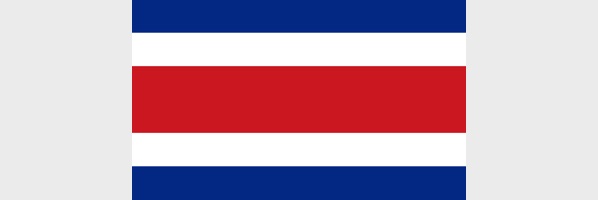9 avril 2021 | Massimo Introvigne | BitterWinter
On March 5, 2021, the Supreme Court of Costa Rica decided the case of one Cristian Fernando Ruiz Cordero. His petition concerned the right to refuse to swear an oath for religious reasons, a matter that had received different solutions in other countries.
On February 6, 2019, Ruiz Cordero filed an application to open a hair salon called “Osmosis” in Cañas de Guanacaste, in the northwestern province of Guanacaste. It was not contested that the hair salon had been inspected, and its conformity to health regulations had been ascertained. However, Ruiz Cordero should have confirmed it by enclosing with his application a “Sworn Declaration.”
This he refused to do, claiming that swearing oaths is against his religious beliefs. He wrote to the Health Authority of Cañas, quoting the Gospel of Matthew 5:33–37: “You have heard that it was said to the people long ago, ‘Do not break your oath […].’ But I tell you, do not swear an oath at all: either by heaven, for it is God’s throne; or by the earth, for it is his footstool; or by Jerusalem, for it is the city of the Great King. And do not swear by your head, for you cannot make even one hair white or black. All you need to say is simply ‘Yes’ or ‘No’; anything beyond this comes from the evil one.”
The hairdresser also quoted the Letter of James 5:12, and its injunction, “Above all, my brothers and sisters, do not swear—not by heaven or by earth or by anything else. All you need to say is a simple ‘Yes’ or ‘No.’ Otherwise you will be condemned.”
On the basis of these Biblical quotes, without explaining to what Christian denomination he exactly belonged, Ruiz Cordero asked the Health Authority “that my free belief not be violated, protecting my right of free worship, because I believe in the word of my Lord Jesus Christ, as the word of life and salvation.”
On May 30, 2019, the Health Authority answered that the “Sworn Declaration” is part of the documents required by the law to open a hair salon, and without it no permission will be granted. An appeal to the Regional Health Directorate of the Chorotega Region was rejected on June 20, 2019, and a further appeal to the Ministry of Health on January 18, 2020. Ruiz Cordero then petitioned the Supreme Court to intervene.
On March 5, 2021, the Supreme Court noted that, according to its own consistent interpretation of Article 75 of the Costa Rican Constitution, religious freedom may be limited only when limitations appear necessary in order to protect other Constitutionally relevant interests, including public health.
In the case of the health regulations and their provisions listing the documents needed to open certain categories of shops, requiring a sworn declaration, according to the Supreme Court, protects the interest of public health. In fact, only sworn declarations open those swearing them to criminal prosecution in case their content is not true, thus giving the health authorities a firmer certainty about their subject matter.
In fact, the Supreme Court did discuss whether it would be possible, as it happens in other countries, to replace the sworn declaration with a different statement or “affirmation” not implying what the hairdresser saw as the sin of swearing. This, the Supreme Court says, would be a matter for legislative reform. The Supreme Court does not have the power to compel the Ministry of Health to act in violation of existing laws. Cordero Diaz’s petition was thus denied.

Commentaires récents